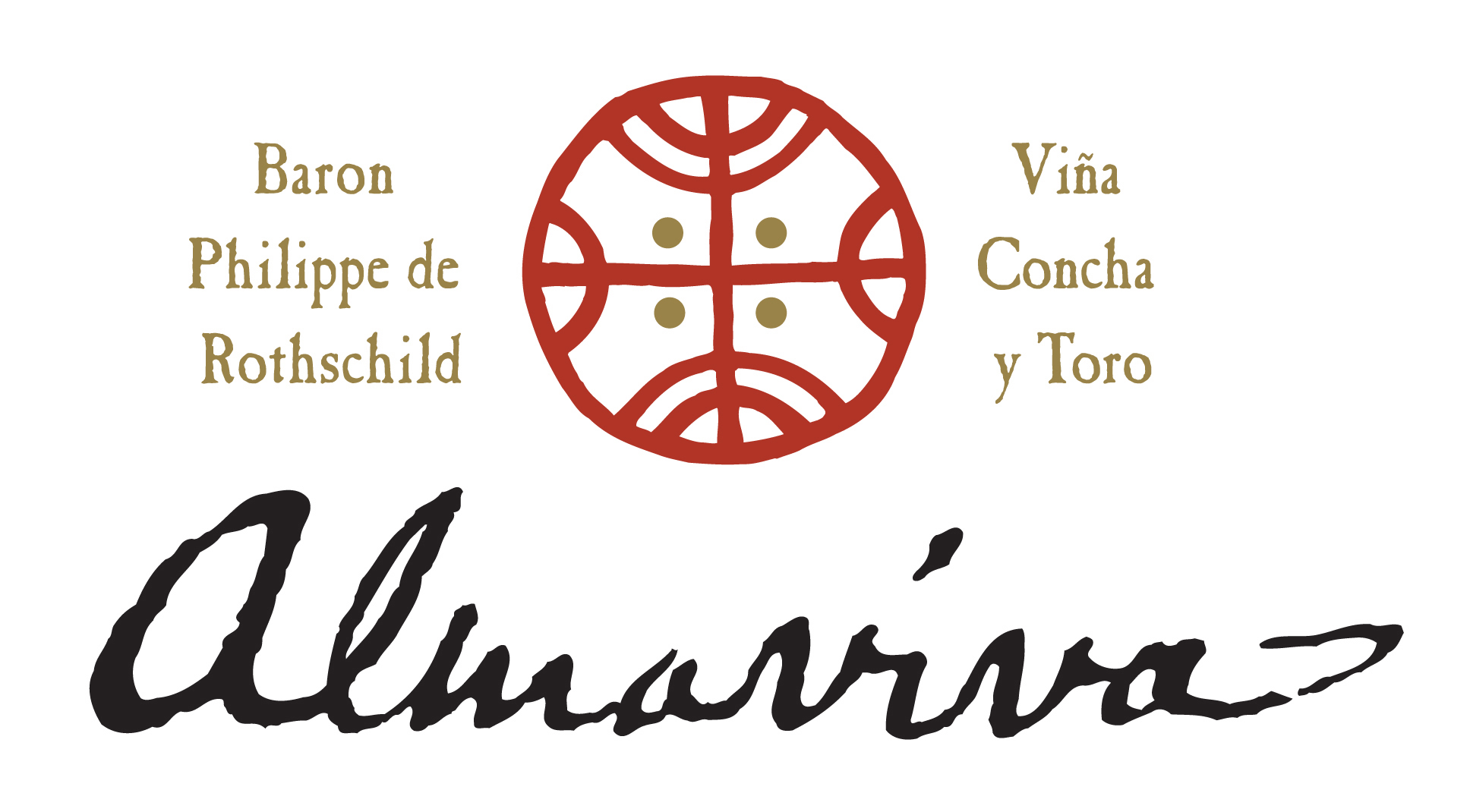
The Chilean wine industry has begun to embrace the freshness that cooler vintages bring to its wines, according to one of the country’s top winemakers.
The Chilean wine industry has begun to embrace the freshness that cooler vintages bring to its wines, according to one of the country’s top winemakers.
Peaking to the drinks business during a recent visit to Chile, Frenchman Michel Friou, chief winemaker of Almaviva, said: “In Chile, we used to be afraid of cooler, rainier years but now we embrace what they bring to the wines.
“Cooler years in Chile lead to wines of elegance, restraint and freshness. They’re really interesting wines with added depth that bring something different to the table.”
Friou admitted that he was surprised how well the first vintage of Almaviva – 1996 – was holding up, and believes the wines he’s making today have even greater ageing potential.
“I thought the 1996 vintage would have fallen off a cliff years ago but it’s still going strong. Today, I’m building wines to age for at least 20 years.
“Our approach at Almaviva has changed over the years and the wines from the 2000 vintage onwards retain their youth, so are likely to age for even longer,” he said.
“It’s a frustration for me that around 80% of the wine on the market is made to be consumed within two years,” he added
Almaviva is a joint venture between Concha y Toro and Bordeaux first growth Château Mouton Rothschild, which set out with the aim of creating a New World first growth.
Comprising of 65 hectares in Puente Alto, the Cabernet dominant wine also includes small percentages of Cabernet Franc and Petit Verdot.
In addition to the grand vin, Friou also makes a second wine, Epu (meaning “second” in Mapudungun), which is predominantly sold in Chile and Brazil.
Around 14,000 cases of Almaviva and 3,000 cases of Epu are produced each year.
Friou told db that rather than add to the range, he’s keen to keep things simple at Almaviva.
“I take a Bordeaux approach to winemaking, focusing the majority of my attention on the grand vin. We also sell it the French way via a Bordeaux négociant,” he said.
Fuente: The Drinks Business



